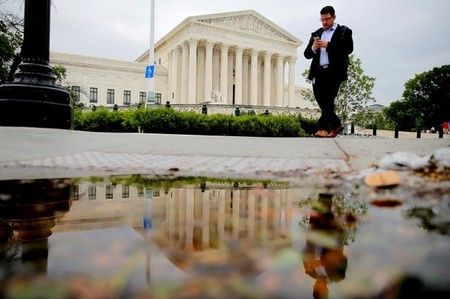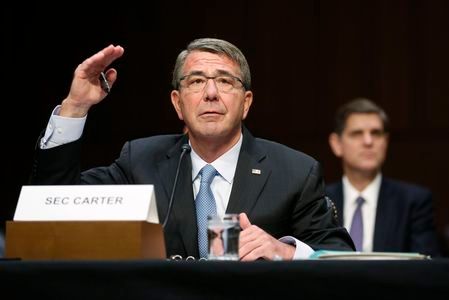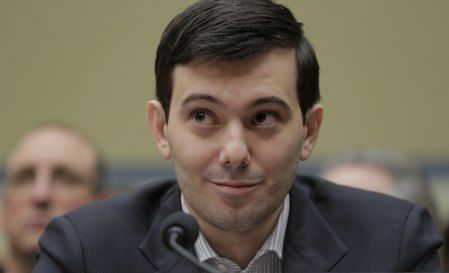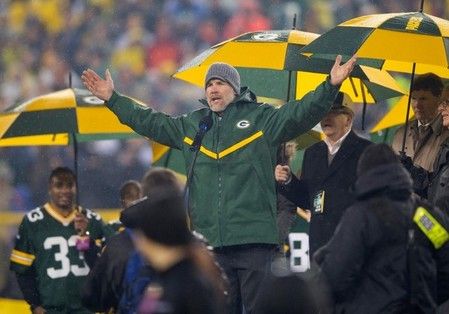Advertisement
United scores first joint deals with flight crew, mechanics
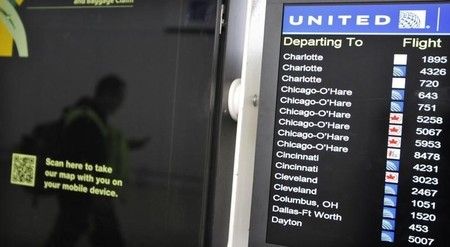
By Jeffrey Dastin
(Reuters) – United Continental Holdings Inc said on Friday it has scored labor deals with its flight attendants and its mechanics, whose relations with the airline were strained in recent years as the parties struggled to conclude contract talks.
Flight attendants at the airline voted to approve a contract that will hike their wages between 18 percent and 31 percent in September, their union said on Friday. Some 53 percent of those who voted backed the deal.
Separately, negotiators from the airline and the International Brotherhood of Teamsters reached a labor deal in the last round of U.S. mediated talks on schedule, the parties said in a joint statement on Friday. They said they must finalize the contract language before it becomes a so-called “tentative agreement” that the carrier’s 9,000 mechanics can vote to ratify or reject.
Both announcements mark major steps toward integrating United and Continental, which merged in 2010, and reducing flight cancellations.
Maintenance technicians from United have yet to mix their operations with those from Continental. The same holds true for flight attendants.
With their new contract, United and the Association of Flight Attendants-CWA said they now expect the flight attendant groups to combine within 12 to 18 months. That agreement was reached in June, also under the guidance of the U.S. National Mediation Board, following months of protests by the workers and years of talks.
In addition to pay raises, the contract provides better healthcare and job protection for the company’s 25,000 flight attendants, the union said.
Both labor deals represented a victory for Chief Executive Oscar Munoz, who took over the helm in September and has sought harmony with workers for the No. 3 U.S. airline by passenger traffic.
United shares edged down 0.3 percent to close at $47.10.
“The contract provides immediate economic gains, sets a new industry standard and ensures flight attendants can achieve the benefits of a fully integrated airline,” Sara Nelson, AFA-CWA’s international president, said in a statement.
More than 90 percent of eligible flight attendants voted, the union said.
Flight crew protested furloughs by the airline after the merger. But starting in 2014, United offered voluntary buyouts that more than 2,500 employees have accepted.
United and Continental crews had been staffing separate flights since the merger. When a flight on a pre-merger United plane was short-staffed, pre-merger Continental employees could not be brought in, and vice versa, sometimes leading to cancellations.
United ranked lowest among U.S. and Canadian rivals in 2016 for customer satisfaction, according to a J.D. Power study.
“What this means is hopefully a much more reliable United, a much more on-time United and hopefully also a more pleasant United for its customers to fly,” said Henry Harteveldt, founder of the travel consultancy Atmosphere Research Group.
Munoz said in a statement he was helping “turn the page and write a new chapter in our approach to labor and management relations at United,” alluding to deals he helped secure for pilots, gate agents and baggage handlers.
In February, United’s mechanics rejected a contract offer, and their union said it would seek approval from U.S. regulators to strike.
(Reporting by Jeffrey Dastin in San Francisco; Editing Will Dunham and Richard Chang)




